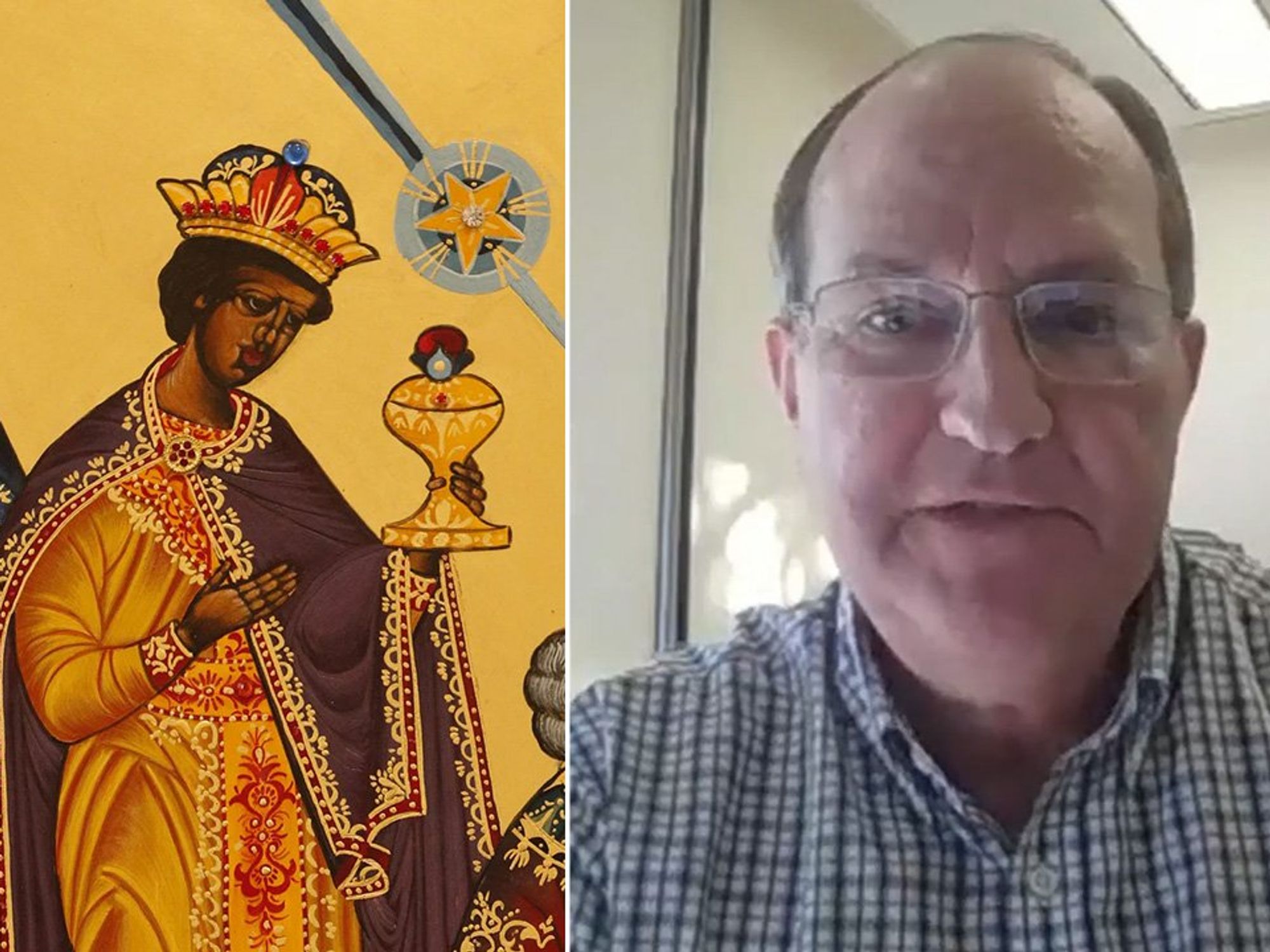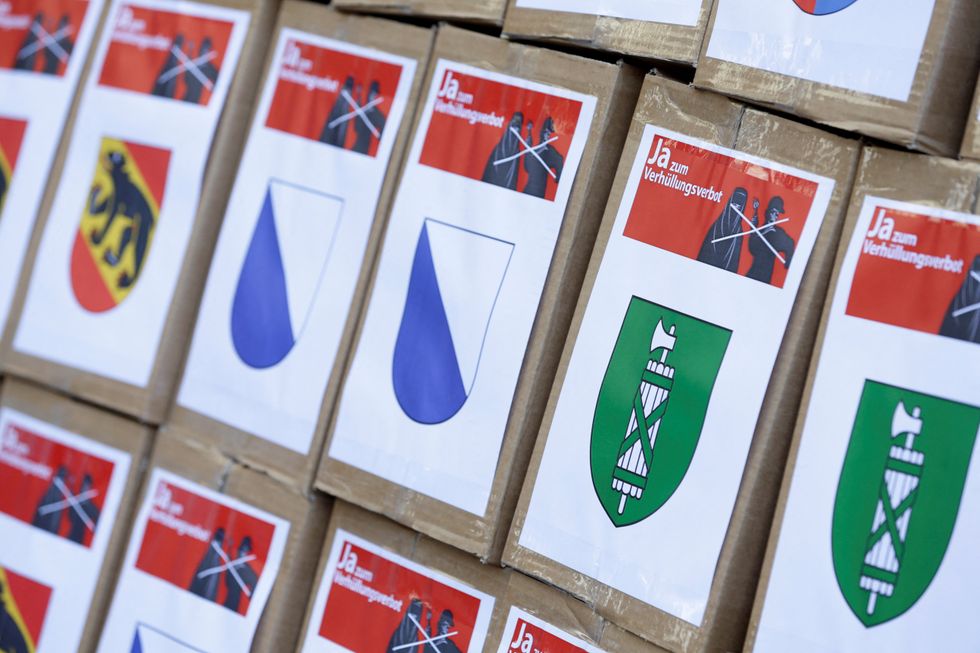Swiss government sends draft law to parliament as they seek to fine 'burqa ban' violators
The Government hopes to fine people who violate the ban up to £907 as it seeks to implement a 'burqa ban' law
Don't Miss
Most Read
The Swiss government has sent a draft law to parliament on Wednesday seeking to fine people who violate a national ban on face coverings up to 1,000 Swiss francs (£907) as it seeks to implement a "burqa ban" law.
The far-right proposal to ban facial coverings in public won a narrow victory in a binding referendum last year after being launched by the same group that organised a 2009 ban on new minarets.
The cabinet proposal to levy fines did not mention Islam directly and is also aimed at stopping violent street protesters from wearing masks, yet local politicians, media and campaigners refer to the measure as the "burqa ban".
After consultations, the cabinet watered down calls to anchor it in the criminal code and fine offenders up to 10,000 francs.
The Swiss government has sent a draft law to parliament on Wednesday seeking to fine people who violate a national ban on face coverings
STRINGER
"The ban on covering faces aims to ensure public safety and order. Punishment is not the priority," it said in a statement.
Several exemptions to the law were also included in the draft.
The government suggested waiving the ban on aircraft, in diplomatic premises and places of worship. Coverings linked to health, safety, climatic conditions and local customs would remain valid. Artistic performances and advertising would be exempt.
Masks deemed necessary to protect oneself while exercising fundamental rights to expression and assembly would be allowed as long as authorities approved and public order was assured.
Proponents of the ban had called facial coverings a symbol of extreme, political Islam. Muslim groups condemned the vote as discriminatory and vowed legal challenges.
France banned wearing full face veils in public in 2011 and Denmark, Austria, the Netherlands and Bulgaria have full or partial bans on wearing face coverings in public.
Muslims make up around five percent of the Swiss population, most with roots in Turkey, Bosnia and Kosovo.












